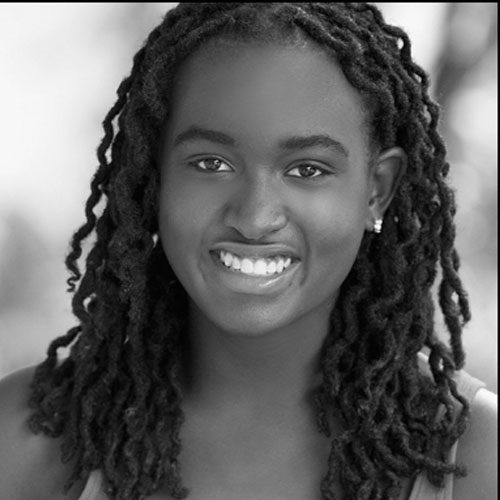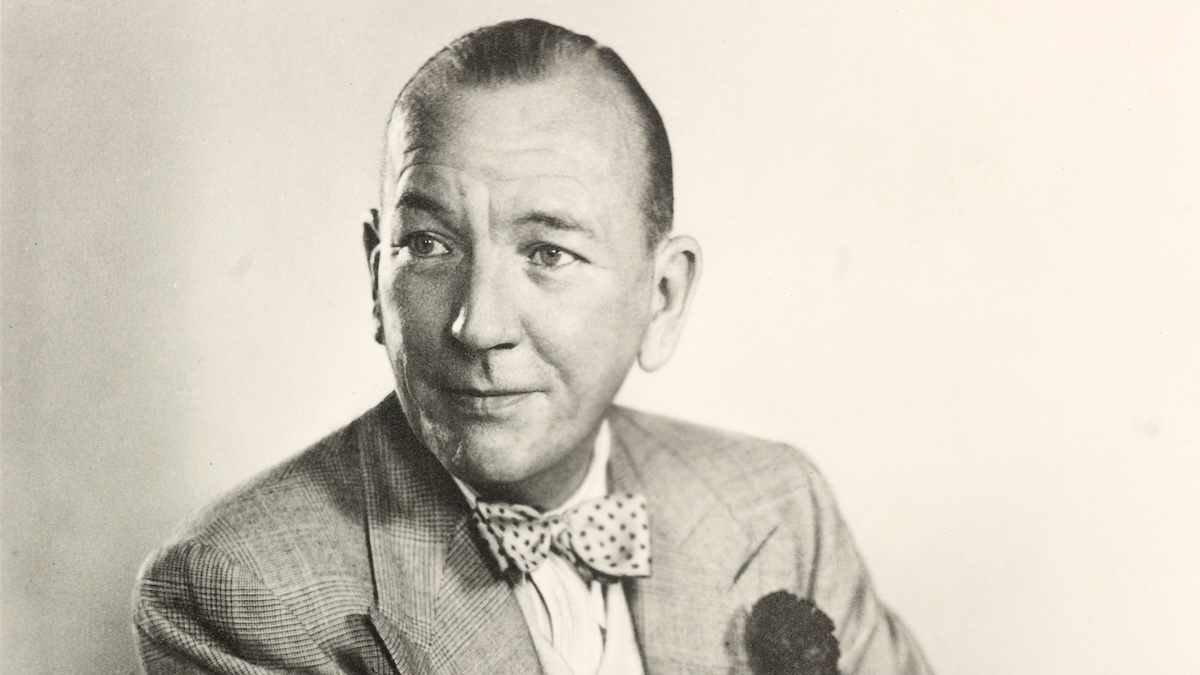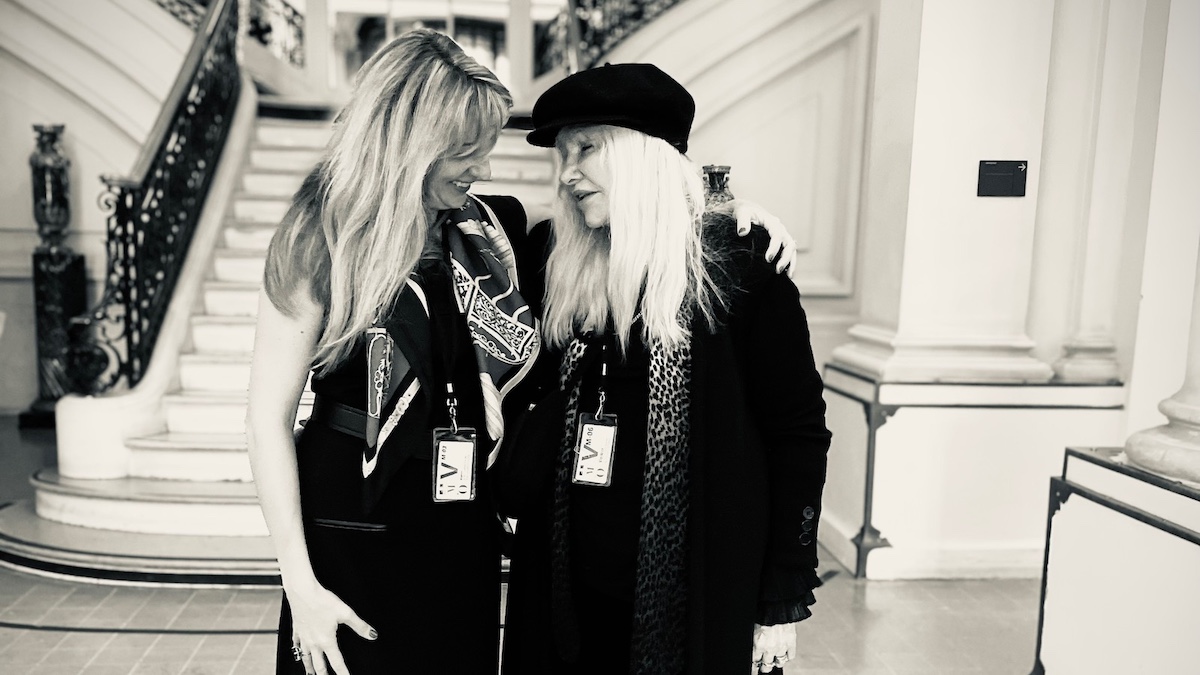
Every year, Samuel French is proud to sponsor the Thespian Playworks program with the Educational Theatre Association (EdTA). High school playwrights submit their scripts to the Playworks program, and four are chosen to be rehearsed with a professional dramaturg and director, and then presented at EdTA’s International Festive each June, which is attended by over 3,000 students. This year, the Playworks’ Marketing Intern took some time with each of the playwrights to discuss their experience. We’re proud to publish the interviews now, in release with the script publications through Dramatics Magazine.
Phanesia Pharel, an incoming high school senior from South Dade Senior High School in Homestead, Florida, is one of four playwrights chosen to have her original one act play produced by Playworks at International Thespian Festival (ITF). Her show, Penelope, is about a teenager dealing with the failed education system, racism, sexism, and the hate and ignorance surrounding it all. Penelope has to walk the tightrope of life to survive her circus of a school
I had the opportunity to sit down with Pharel on the Wednesday of festival, her first day of rehearsals and three days before her stage reading.
Jane: Tell me a little bit about your play.
Phanesia: So my play is a circus. I’m going to quote one of my cast members: “modern day slavery without the chains.” I basically used the educational system to talk about how young people who are supposed to go into an educational system and find guidance, assurance, and love are kind of thrown into this chaos of budget cuts. The just they don’t get the individualized support that they need to survive really and it causes so many issues. I think education is probably the most important and the most under looked aspect of society at the moment.
Jane: What was the inspiration for your show?
Phanesia: One of my best friends, Helga, and I were struggling at the beginning of the school year. I may be a playwright, but there are certain classes I want to take to advance myself. I wanted to take an AP language class, which is focused on learning how to write, and they kept trying to push me into other classes. People made is seem because it was an AP class then I couldn’t get out of it. But no matter what, I should be able to get the class will help me move forward. After that experience with not just me but Helga, we noticed how a lot of other people are just not getting what they need from education. They’re definitely not getting what they need at home and they’re forced to go to school. School can be either a safe haven or just a draining experience. For me, I’ve tried to make it my safe haven, but it has been a very draining experience.
Jane: How did you come up with the other aspects of you show besides the focus on educational reform?
Phanesia: I have a lot of metaphors to modern day racism. This is going to sound bad, but I am very inspired by old age racism. We try to say old age racism, Ku Klux Klan,and Jim Crowe are so terrible, but the influences of those periods such as the Neo Nazis still come to play today. In politics, you’ll see that some of the things politicians say aren’t so different from what we used to hear sixty years ago. Segregation was not that long ago. My mother is the head of the Haitian Women’s Writers Association of America and my mom is good friends with a lot of great writers and over the years, I’ve kind of been pushed. I’ve been pushed to know a lot of Black history. When I was five, I watched Roots. I didn’t know what a lot of kids TV shows were. Many of my metaphors are of old age racism.
Jane: Is this the first play you have written?
Pharel: I’ve written several plays. Actually two of my other plays are being produced this week, but this is the first play that I have finished completely. I have other plays that have been in the works, but Penelope had a closer deadline because I took it to district competition. So I finished Penelope first. The second I started writing Penelope I knew it was going to be such a crazy play that I needed to put everything else to the side and just write it and that’s exactly what I did.
Jane: Do you think you will have a career in writing?
Phanesia: Yes! Playwriting is definitely in the future for me. It’s important that you have women of color represented in playwriting and women as well. It’s kind of depression when I see the statistic of only 17% of plays produced in America are written by women. I don’t even know the number of women of color. It’s even worse. It’s so sad and its something I definitely want to change. One thing that made me really happy is that this week has been really assuring in my choice to become a playwright because when I was doing auditions for Penelope, I was seeing all of these beautiful women of color: Asian women, Hispanic women, and black women. Those characters are in my play so it’s open for race and seeing all of these women excited and eager. I started as an actor so I know that feeling when you know that there is a role that’s right for you in a play and it’s talking about something you deal with. Seeing these women so excited, that made me excited and that’s something I always want to give, that opportunity.
Jane: What has it been like working with your director and dramaturg?
Phanesia: Oh my goodness! Dominic Orlando was my state’s judge. It had no influence in me getting into to Playworks because the application was due before state. I think Penelope was on its sixteenth draft when Dominic first saw it. Maybe fourteenth. He ended up being my director. He is so kind because he is the type of director who guides me but he always makes sure that it is my process. That every decision I make is my own and it’s me thinking about these things. I think that its so important and he is so talented. Jane Barnette is a dramaturg scholar. She’s studied and teaches dramaturging. I don’t know if they give Tony’s for dramaturging but if they did, she would probably be the first to get one. That’s how I’m going to put it because she is literally a goddess. Looking at her credentials, I don’t even know how I got lucky enough to work with her. She’s also very assuring. She’s showing me how a dramaturg should be and that’s very exciting and I’m very lucky to be able to workshop with such great people because that’s going to show me in the future that this is how it should be.
Jane: Describe your play in five words or less.
Phanesia: Water pouring. Brain exploding. Heart wrenching.
Jane: What other parts of this experience are you excited for?
Phanesia: Honestly, I’m just happy to be here. This festival is amazing. I’m humbled. I’m so extremely humbled to be here. The festival itself is amazing. You meet so many beautiful people. In
fact, I feel like I’m the luckiest person in the world right now. I’m going to remember this week for the rest of my life and I’m so grateful to the entire Playworks team especially Don Corathers and Julie York Coppens. Don is really great. I’m sad he’s retiring. When they first got my play, it was obvious it was going to be a risky play, and Julie called me and she was very reassuring. She let me know that even if I didn’t make it, she thinks I’m an amazing playwright and I felt like “wow.” You don’t see people like that often.
Jane: Any last words?
Phanesia: Playworks is so important. Playworks is so beautiful. I think the process is so wonderful. I’m going to be talking about this for a very long time.
You can follow her on Instagram at @PhanesiaPharel. For more in our Thespian Playworks series, click here.

Noël Coward’s Travels

Kate Chopin in New Orleans: Mother-Daughter Author Duo Collaborate on Historical Book

